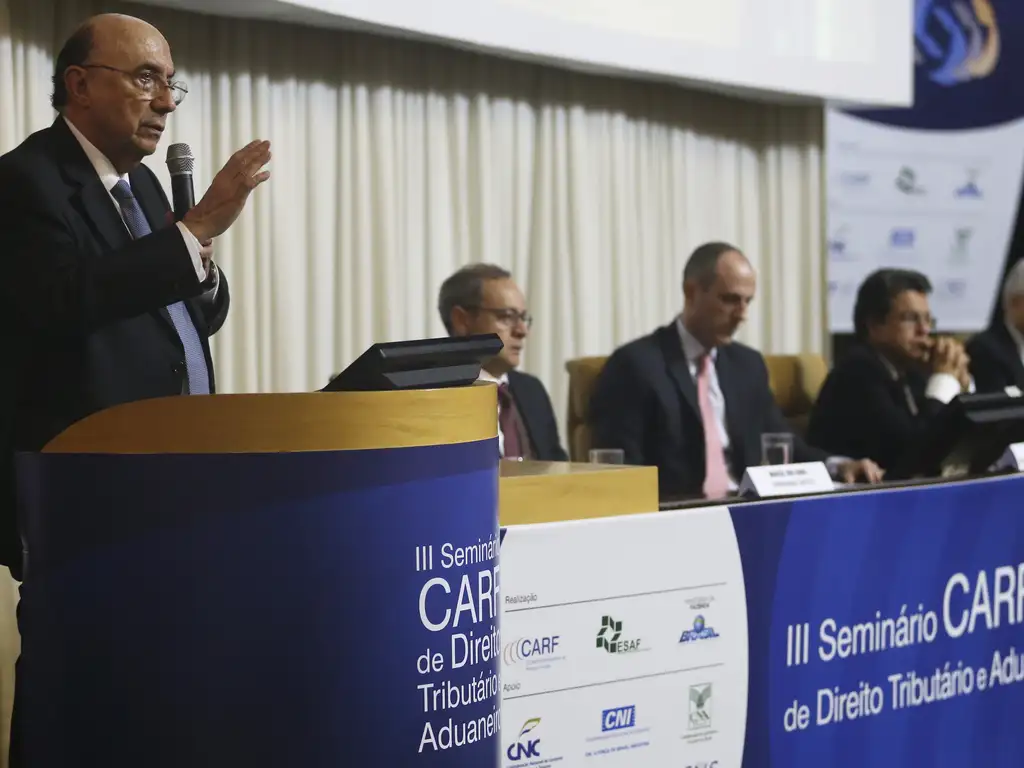
Collegiate: 1st Chamber of the Superior Chamber
Process: 16561.720039/2016-05
Parties: Wobben Windpower Industry and Commerce Ltda and National Treasury
Rapporteur: Guilherme Adolfo dos Santos Mendes
By six votes to two, the councilors maintained the decision that provides for the inclusion of values related to insurance, freight and Import Tax in the transfer price calculated using the Resale Price minus Profit (PRL) methodology.
The specific case involves a taxpayer operating in the manufacturing and marketing sector of products related to wind power generation. The inspection found irregularities in the determination of the Real Profit for the year 2011, when the adjustment values resulting from the application of transfer pricing methods were not added to the net profit for the period.
Transfer pricing is a way of calculating IRPJ and CSLL on transactions between companies in the same economic group in international operations. The objective of the methodology is to prevent companies from manipulating prices in order to reduce global taxation or even transfer profits.
The issue was regulated in Brazil by articles 18 to 21 of Law 9430/1996, and companies could opt for methods such as PRL 20, PRL 60 and PIC. Since the beginning of the year, however, the rules set out in Law 14,596/2023, which aligned the country with the OECD system, have been mandatory.
According to the inspection, the company determined the parameter prices using the Resale Price minus Profit method, with a profit margin of 60% (PRL60), in accordance with Law 9,430/96 and Normative Instruction 32/2001, but the methodology was in disagreement with the legislation in force at the time, IN 243/2002.
The taxpayer claimed that the provisions of the IN were illegal because they innovated and increased the calculation basis for IRPJ and CSLL. Paragraph 6 of article 18 of Law 9,430/1996 provides that the calculation of the profit margin of 60% is levied on the net value of the transaction, calculated as the net sales price minus the value added in the country. IN SRF 243/02 establishes that the profit margin of 60% is levied on the portion of the net sales price related to the share of imported goods, services or rights.
“The methodology contained in IN SRF 243/02 leads to an increase in the tax burden, as the maximum price to be charged always results in a lower value than that obtained when applying Law 9,430/96”, argued the taxpayer, according to the appealed decision.
In the appealed decision, by the 1st Panel of the 3rd Chamber of the 1st Section, the understanding that IN 243/02 was legal prevailed. The appeal began to be analyzed by the Superior Chamber in July, but there was a request for review by counselor Maria Carolina Maldonado Mendonça Kraljevic. Now, the judge dismissed the argument presented by the taxpayer (in memorials) and voted with the majority to deny the appeal.
According to the judge, the taxpayer explained that he does not include freight, insurance and import tax in the parameter price, since he uses the average cost in the resale to form the price, which does not cover the aforementioned expenses.
“The method of calculating the cost of products sold as the average cost does not mean that the values that necessarily make up the cost have been excluded from the calculation. The fact that the appellant uses the average cost to form the price does not mean that its cost is not included in the values relating to freight, insurance and import tax”, he stated.
Defeated, counselors Luiz Henrique Marotti Toselli and Heldo Jorge dos Santos Pereira Jr. granted the appeal.
Source: https://jota.pro/tributos/10192
